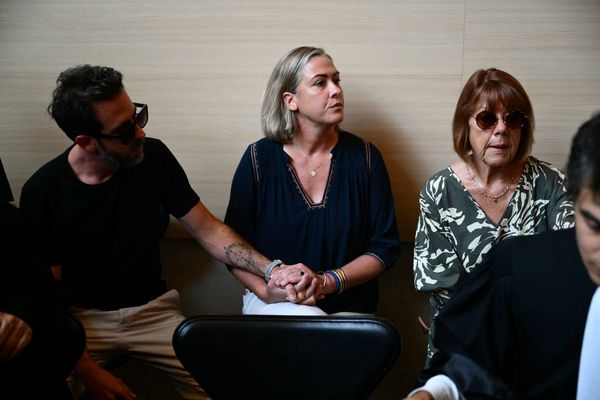
A UN body has written to the UK government to express “very extreme concern” about its failure to address “structural, institutional and systemic racism” against people of African descent in Britain.
The UN working group of experts on people of African descent called for an immediate and unconditional moratorium on the use of joint enterprise, warning it was leading to the disproportionate imprisonment of black adolescents.
In the damning interim findings that concluded a 10-day fact-finding mission, the experts also called for an immediate moratorium on the use of strip searches during stop and searches by police.
“We have serious concerns about impunity and the failure to address racial disparities in the criminal justice system, deaths in police custody, ‘joint enterprise’ convictions and the dehumanising nature of the stop and (strip) search,” the working group said in a statement.
The UN added that UK austerity measures had exacerbated racism and racial discrimination for people of African descent, which had an adverse impact on their fundamental rights.
Speaking at a press conference on Friday in London, Dominique Day, one of the five members of the UN working group, said: “I’ve never visited a country before where there is a culture of fear pervading black communities – relating to a range of asylum, residency, policing issues. An entire community experiences constant and ongoing human rights violations as a routine and normalised part of daily life.”
Officials said they had had a “robust” discussion about their preliminary research with the UK equalities minister Kemi Badenoch. A 19-page summary of recommendations was sent to the government on Friday.
The working group noted the continuing fallout from the Windrush scandal. “The experience of the Windrush generation has left a deep scar on the collective psyche of people of African descent in the UK,” the UN investigator Barbara Reynolds said.
She said elderly people had been forced to confront “deeply troubling” questions about their identity and were made to question “‘who am I, where do I belong? Why am I here? How did I get here, what happens next?’”
The report also raises concern about maternal and infant mortality. “Black healthcare professionals have cited the pervasive racism and discrimination across maternal and infant childcare that have resulted in relatively high mortality levels,” the findings note.
The chair rapporteur of the working group, Catherine Namakula, said investigators had been startled by the findings on joint enterprise, whereby two or more defendants are accused of the same crime in relation to the same incident. Campaigners have long warned that its use over-criminalises people and can lead to the imprisonment of those who have not committed any serious violence themselves.
“There are many black boys in detention not because they have committed offences but because they are associated with people who have committed offences,” Namakula said, adding that the legal system inappropriately cast “expressions of black culture, including drill or rap music … as markers of criminality”.
Investigators also raised concern about the disproportionate exclusion of young black male pupils from school. The working group warned that policing of schools appeared to be “directly linked to the presence of black students” and was “a practice that intimidates, stigmatises, and criminalises black children and young people”.
“Students reported that a group of black kids is seen as a gang while a group of white kids is seen as a friendship group,” Day said.
As part of its fact-finding mission, the working group visited London, Birmingham, Manchester and Bristol. The UN experts met with senior officials of the UK government, including Badenoch and the minister for the UN Lord Ahmad. They also met with officials from the devolved governments, local city council representatives, the Metropolitan police and officials from the Equality and Human Rights Commission.
The UN experts said they spoke to hundreds of individuals, representing a broad section of civil society.
In Brixton, they visited a house in which the ceiling caved in three years ago and had yet to be repaired. “I accompanied them to the visit and I was shocked that Lambeth council could see it fit and acceptable to leave a family in such conditions,” Ife Thompson, a criminal defence lawyer and community organiser said.
Lambeth council said it made several attempts to provide alternative accommodation for the tenant and that there have been repeated difficulties in gaining access to this home.
In London, the UN group met with families whose loved ones had died in custody and heard moving evidence of the impact of racial stereotyping in family courts. In Birmingham, they visited a prison and spoke to inmates, while in Manchester, they sat with youth group leaders.
A government spokesperson said: “We strongly reject most of these findings. The report wrongly views people of African descent as a single homogeneous group and presents a superficial analysis of complex issues that fails to look at all possible causes of disparities, not just race. We are proud that the UK is an open, tolerant and welcoming country but this hard-earned global reputation is not properly reflected in this report.”







